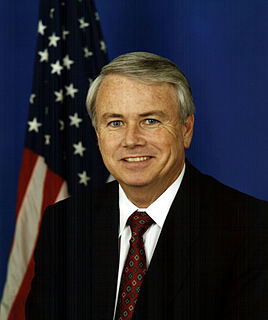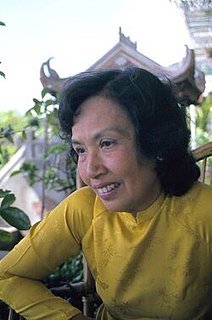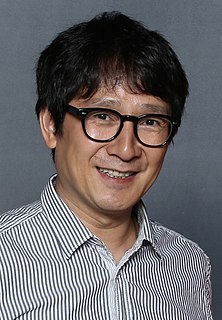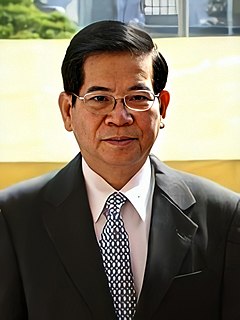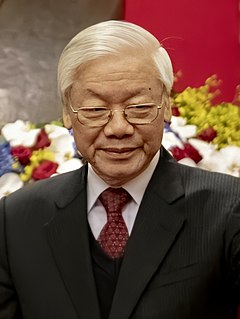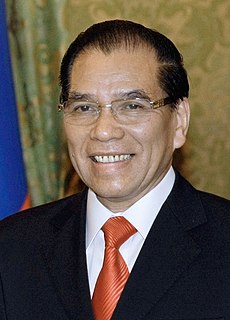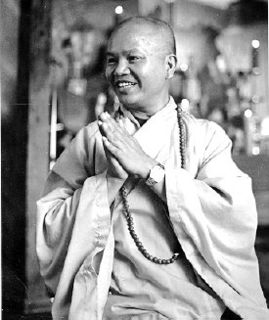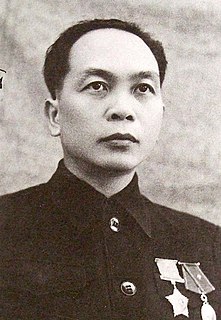A Quote by Nguyen Viet Thang
In the United States, the immigrant experience occupies a very central place in American mythology. And sometimes, that place wavers between acceptance and rejection.
Related Quotes
United States has always been very close to Africa and it's very sad now to see that Africa has a lot more friends - a lot more engagements with the Chinese, with the Indians, with the Brazilians as the United States retreats. Actually, Africa is a wonderful place to do business and American business is missing a big opportunity by really overlooking Africa.
If you choose to see everything as a miracle, then where you are right now is perfect. There is nowhere to run to; there is nothing else to do except be in this moment and allow what is to be. From that place of radical acceptance, major change can happen. The first step in any transformational experience is acceptance and surrender to the present moment, the way that it is. From that place we have the awareness, humility and power to change what is.
I'm really interested in the United States, what it means to be American - maybe because my father's an immigrant and my grandparents were immigrants, and also because I grew up so isolated from mainstream life, and it was such a total shock to leave the commune and, in a way, enter America for the first time when I was eleven - so I've always felt a little like an anthropologist - like, what is this strange place I find myself in, what are the rules here?
I often like to think that our map of the world is wrong, that where we have centered physics, we should actually place literature as the central metaphor that we want to work out from. Because I think literature occupies the same relationship to life that life occupies to death. A book is life with one dimension pulled out of it. And life is something that lacks a dimension which death will give it. I imagine death to be a kind of release into the imagination in the sense that for characters in a book, what we experience is an unimaginable dimension of freedom.
Well, when you're an immigrant writer, or an immigrant, you're not always welcome to this country unless you're the right immigrant. If you have a Mexican accent, people look at you like, you know, where do you come from and why don't you go back to where you came from? So, even though I was born in the United States, I never felt at home in the United States. I never felt at home until I moved to the Southwest, where, you know, there's a mix of my culture with the U.S. culture, and that was why I lived in Texas for 25 years.
In the first place we should insist that if the immigrant who comes here in good faith becomes an American and assimilates himself to us, he shall be treated on an exact equality with everyone else, for it is an outrage to discriminate against any such man because of creed, or birthplace, or origin. But this is predicated upon the man's becoming in very fact an American, and nothing but an American.















